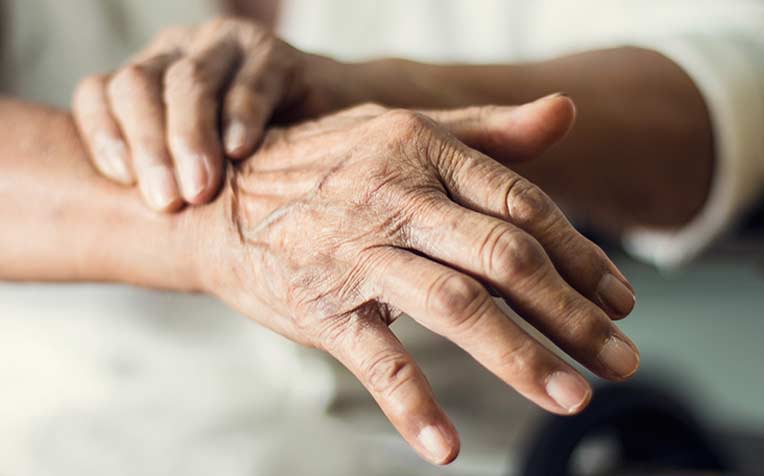Parkinson’s: Can How You Sleep Determine If You’ll Develop It?

Parkinson disease is often diagnosed when symptoms have emerged but are there early markers that can predict who will develop the condition? The Department of Neurology from the National Neuroscience Institute (NNI), a member of the SingHealth group, sheds light on this. (iStock photo)
During a symposium held at NNI, Professor Eduardo Tolosa, a neurologist and world-renowned expert on Parkinson Disease (PD) from the University of Barcelona, Spain, shared that rapid eye movement behaviour disorder (RBD) could be a very early symptom of PD. This loss of muscle control during deep sleep shows up long before more obvious motor symptoms of PD like tremors and mobility issues appear.
Related article: Sleep paralysis – 'spirit attack' or sleep disorder
RBD and PD: What's the link?
A person with RBD (rapid eye movement behaviour) disorder tends to make loud noises and jerky movements while in deep sleep, especially when having a nightmare. The movements can be of varying intensity and the sufferer can hurt himself or the person next to him.
"The patient usually dreams of being attacked or chased by strangers or wild animals, arguing with somebody or falling down," said Prof Tolosa. "The dreams occur every one to two hours, can last for several minutes and usually happen between 12 and 30 years before PD is diagnosed."
RBD, due to neurological changes, makes one more prone to PD later in life. PD patients slowly lose brain cells that create dopamine, a chemical that affects emotion, perception and movement. These changes can start years before motor symptoms appear and a diagnosis is made. Prof Tolosa presented data which showed that death in these cells starts five to 13 years before tremors happen.
He added that doctors have documented cases in which people had unpleasant dreams and RBD for ten years and, in some extreme cases, 50 years prior to getting PD. "The risk of developing PD rises dramatically for those who have a longer history of RBD," he said.
Related article: Early signs of brain diseases – dementia, stroke, epilepsy
Other early signs of Parkinson disease
Another significant early symptom of PD according to Prof Tolosa is the loss of smell. He shared that patients interviewed remember losing their sense of smell, on average, five years before they were diagnosed with PD. Such early symptoms can serve as warnings of further brain changes down the road, he said.
NNI's study on Parkinson disease
Associate Professor Louis Tan, Senior Consultant, Department of Neurology at NNI, shared that NNI is conducting its own research on PD in Singapore.
Assoc Prof Tan said, "The main goal is to develop drugs and agents that can delay or prevent the onset of PD in people who are at a higher risk of developing it. However, we need to first define these individuals who are at risk, based on genetic and/or clinical factors."
Related article: What to do when Parkinson disease strikes
--
Articles on HealthXchange.sg are meant for informational purposes only and cannot replace professional surgical, medical or health advice, examination, diagnosis or treatment.


